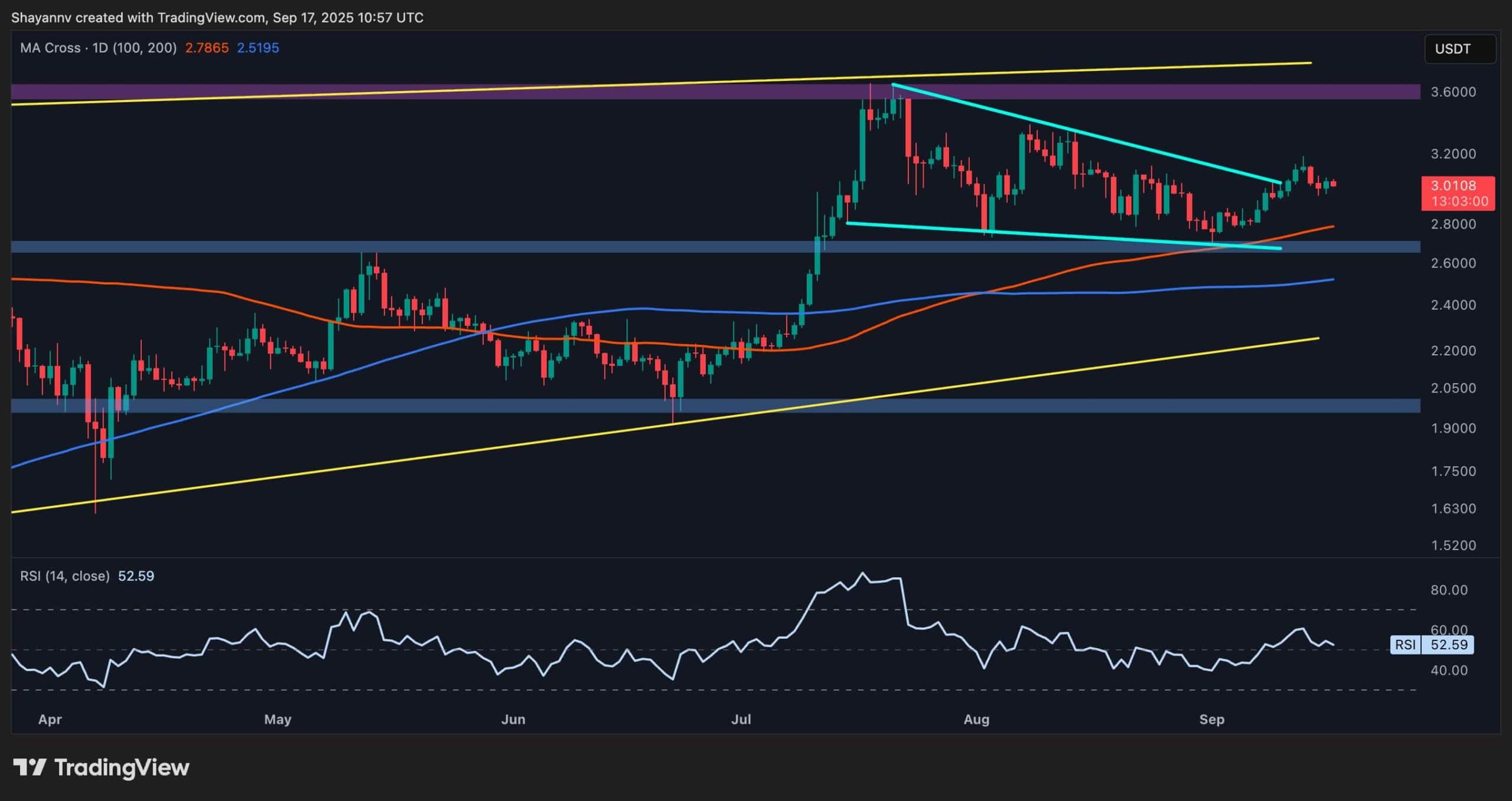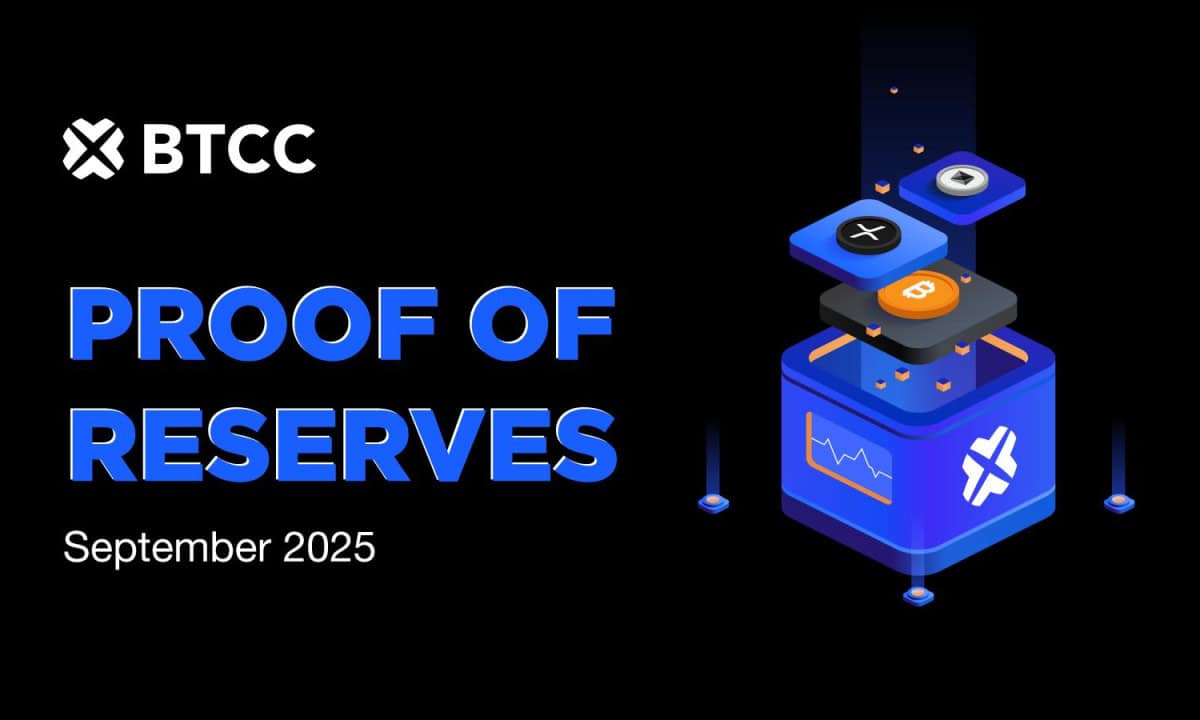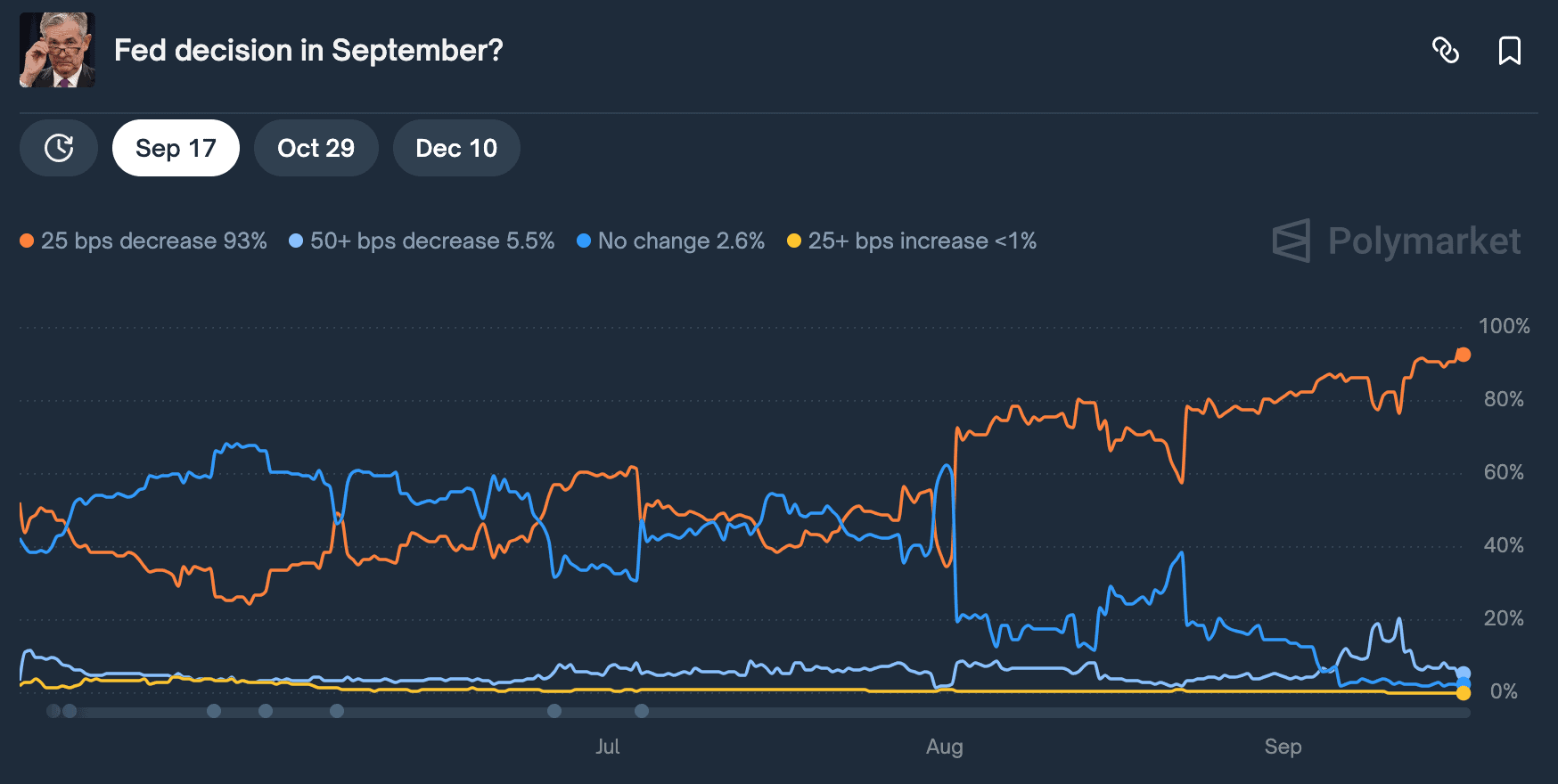Van Loon Plaintiffs to Argue Before Fifth Circuit in Case Against US Treasury Over Tornado Cash Sanctions
In a September 1 X post, Kannon Shanmugam, a lawyer representing Joseph Van Loon and several others in a lawsuit against the U.S. Treasury hinted that he would be presenting arguments in the Fifth Circuit for the case.
In a show of support for the legal challenge, Coinbase’s Chief Legal Officer, Paul Grewal, responded to Shanmugam’s post, stating, “We appreciate all the work you’ve put in.”
Threat to First Amendment
Van Loon and his fellow complainants sued the revenue department in September 2023, arguing that it had overstepped its authority when it added Tornado Cash to its Specially Designated Nationals (SDN) list.
The crypto mixer suffered the fate following accusations of involvement in the laundering of huge sums of illicit funds. Authorities claimed criminals, including the North Korean-linked Lazarus Group, had laundered more than $7 billion worth of ill-gotten crypto through the platform since its founding in 2019.
The lawsuit has gotten attention, particularly from digital rights advocates like the Electronic Frontier Foundation (EFF), who even submitted an amicus brief arguing that the government’s actions threaten the First Amendment rights of coders.
In its brief, the EFF argued that the government’s move to sanction an open-source project without clear guidelines could have a chilling effect on the development of software and other digital tools.
They urged the court to require the Treasury to adhere strictly to First Amendment protections, particularly in how it enforces sanctions on projects that involve open-source code.
Court Previously Dismissed Case
Earlier, a District Court dismissed the lawsuit, ruling that the actions did not violate the First Amendment. The court clarified that the sanctions only apply to transactions involving Tornado Cash’s smart contracts and do not restrict the development or discussion of the underlying open-source code unless it is used for transactions.
While the court acknowledged the concerns, it ultimately concluded that the government did not overreach in its choice.
However, the decision did offer some reassurance to the coding community. It drew a distinct line between using the code for financial transactions and the broader activities of developing and analyzing the code.
The ruling suggested that coders who engage with the crypto mixer outside of executing transactions should not be impacted by the sanctions, a point that may ease concerns within the developer community.
Despite this, the EFF and other digital rights advocates remain concerned about the broader implications of the case. They have pledged to continue monitoring the situation, emphasizing the need for vigilance in protecting the coder’s rights against potential government overreach.
Binance Free $600 (CryptoPotato Exclusive): Use this link to register a new account and receive $600 exclusive welcome offer on Binance (full details).
LIMITED OFFER 2024 at BYDFi Exchange: Up to $2,888 welcome reward, use this link to register and open a 100 USDT-M position for free!




